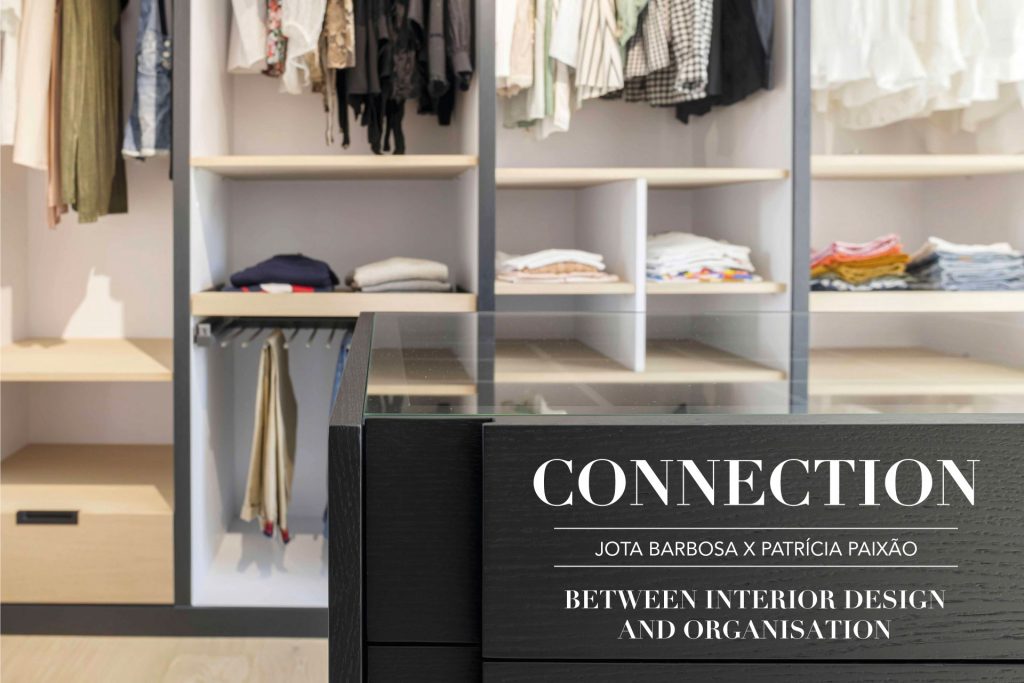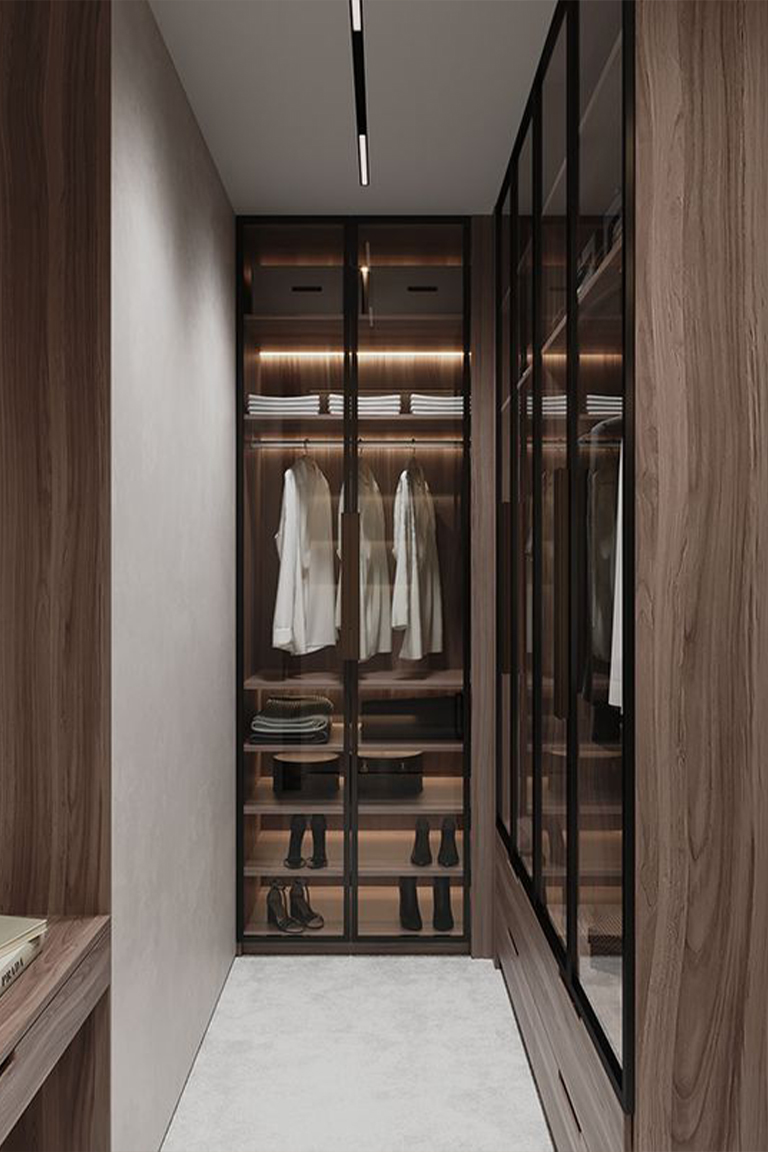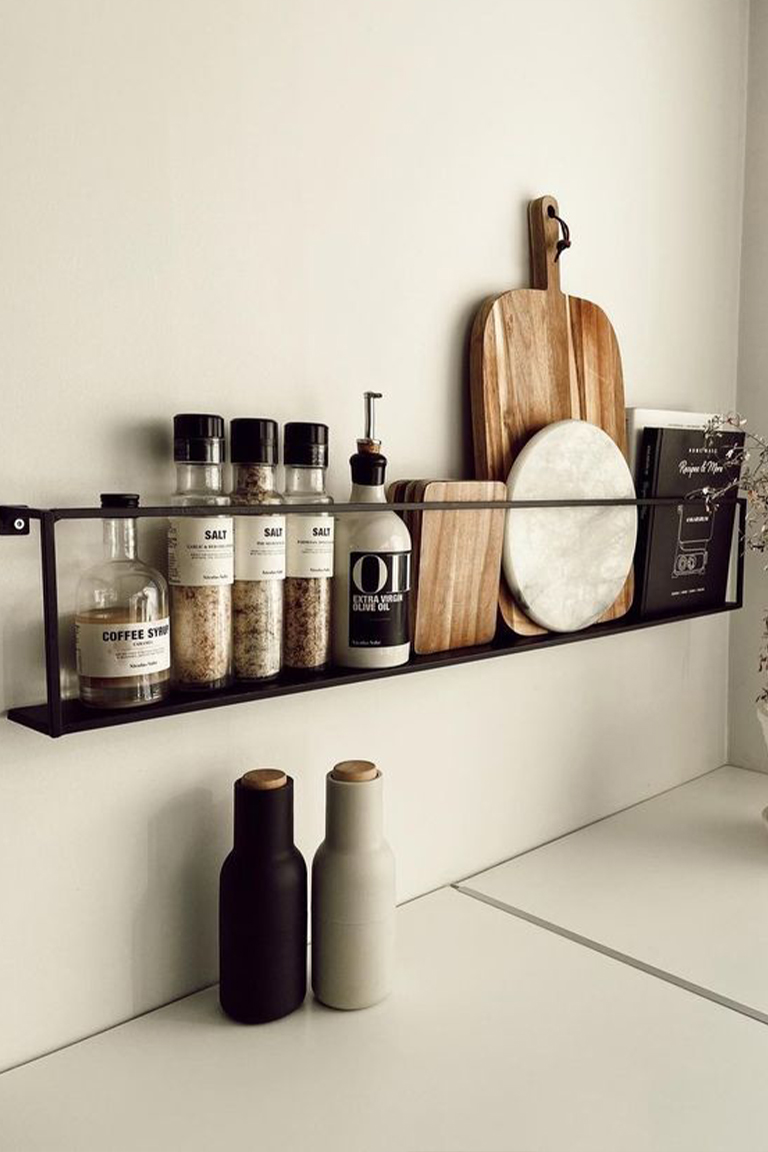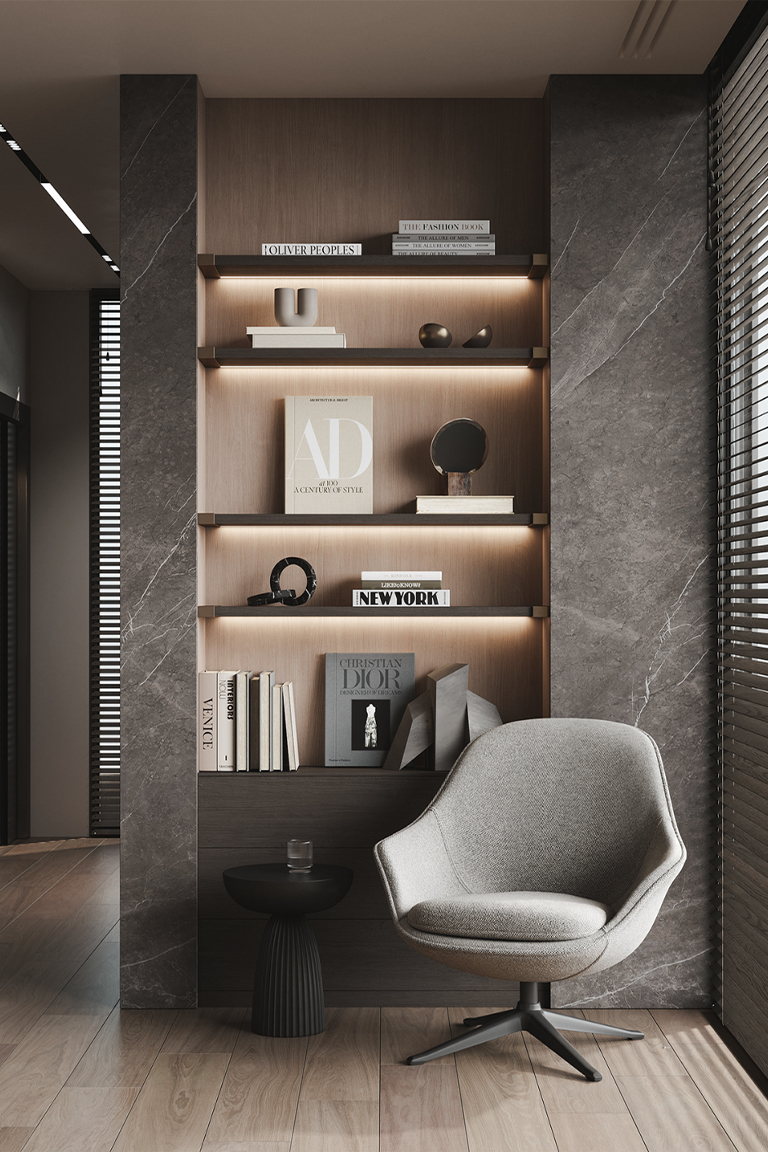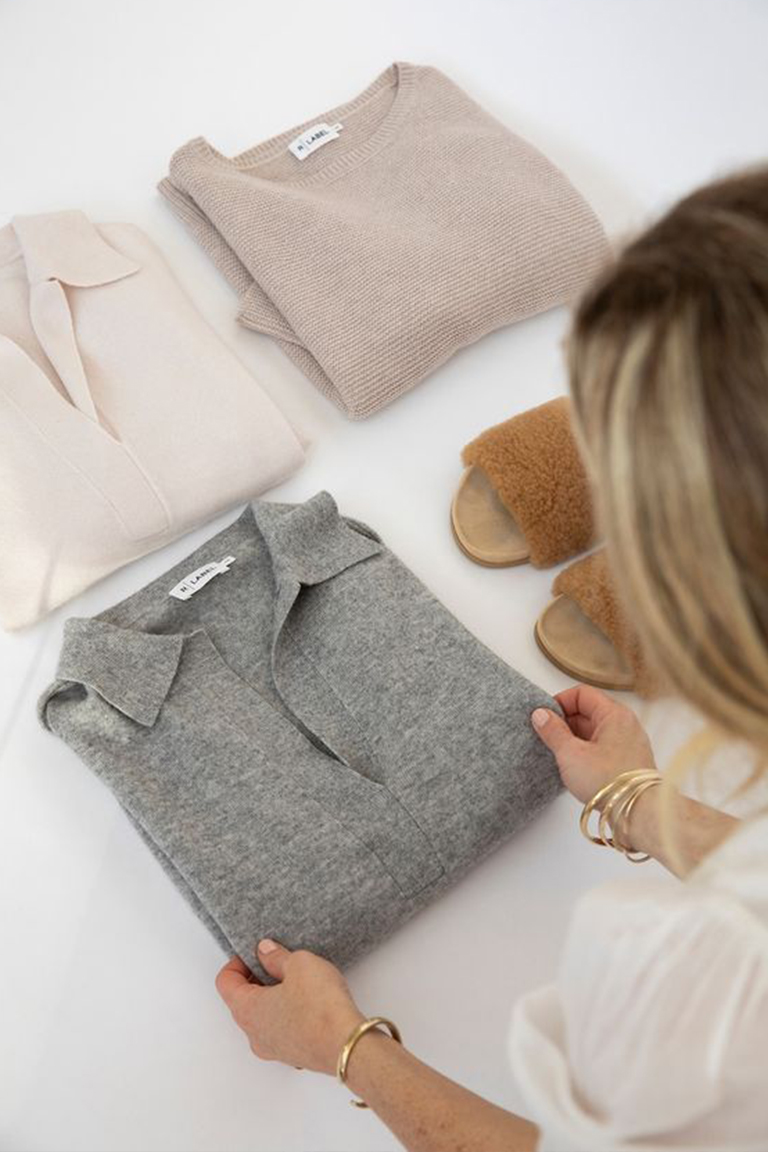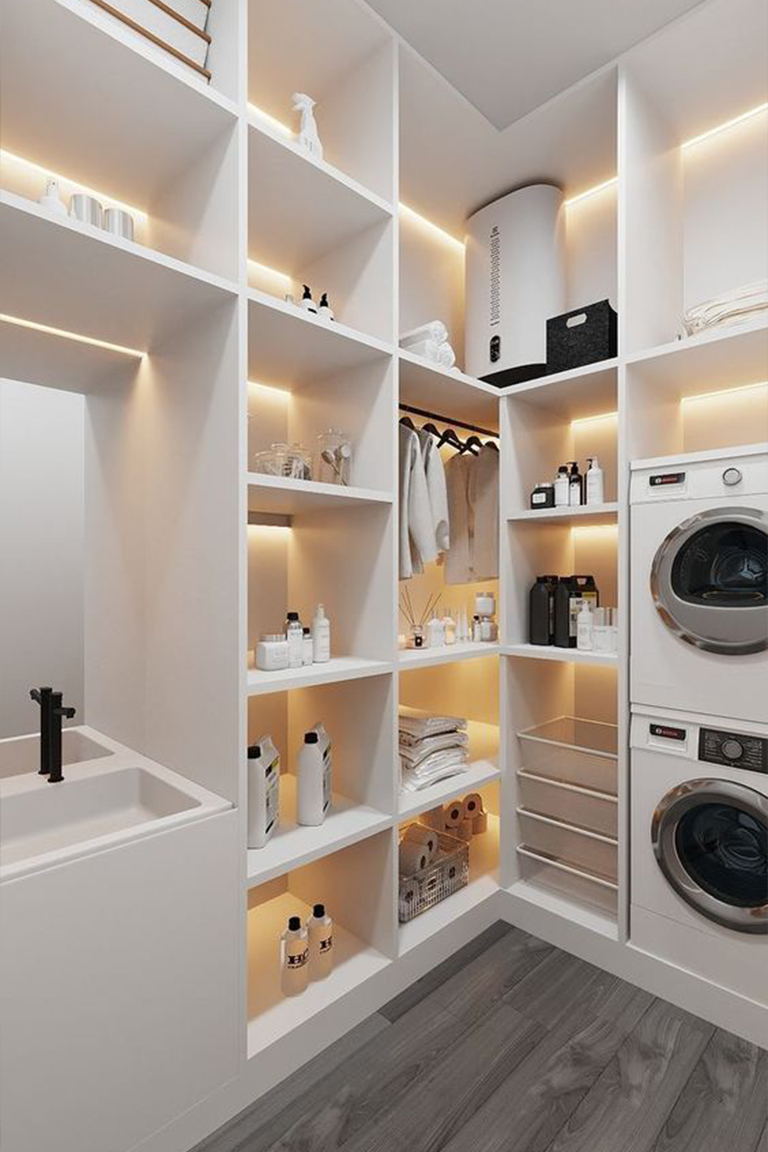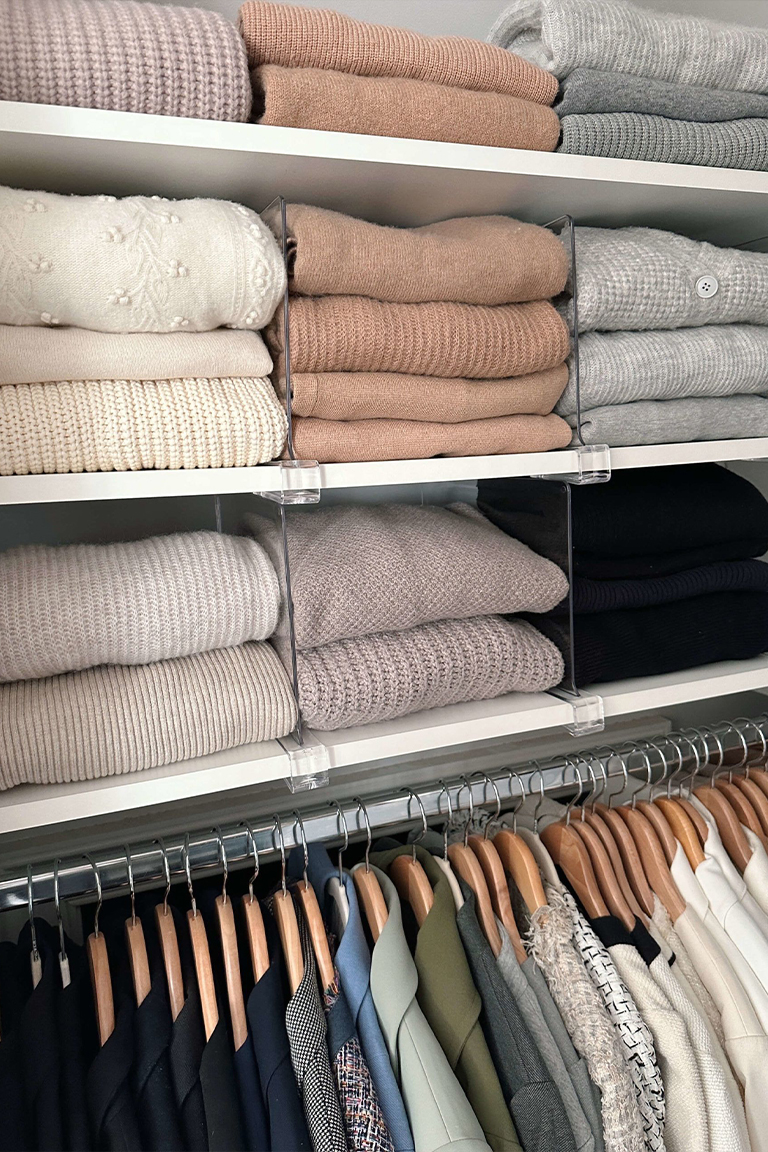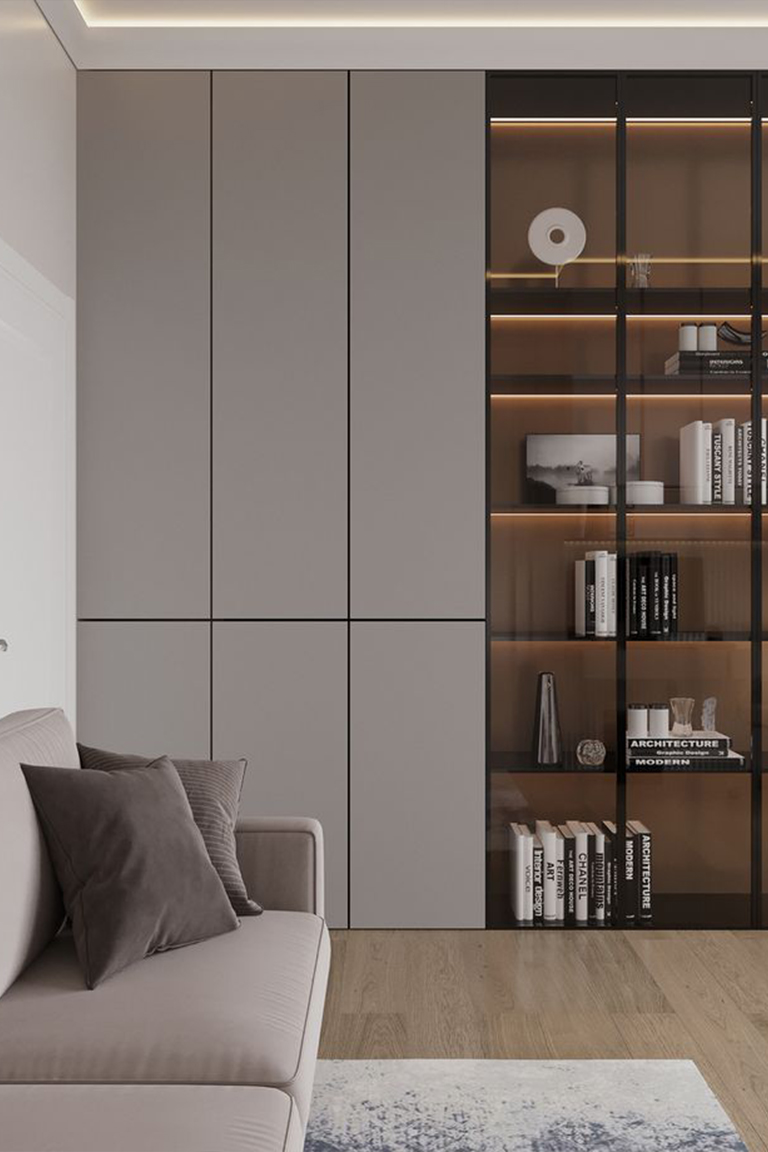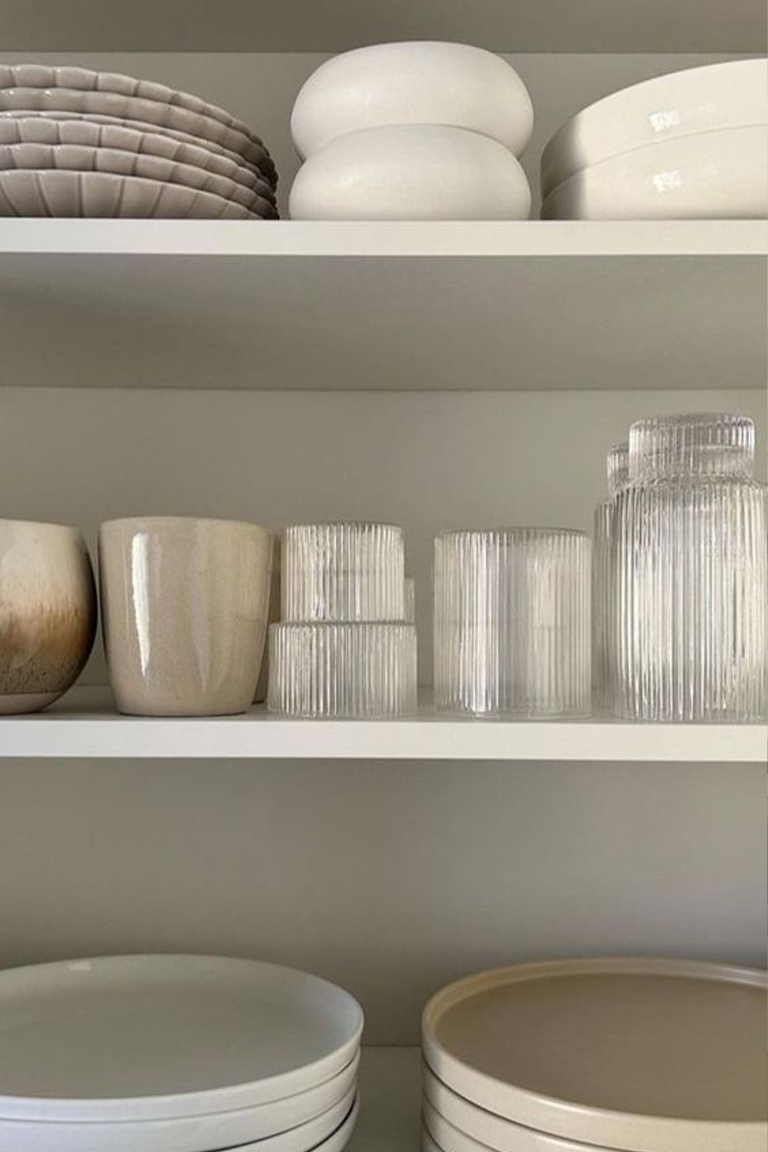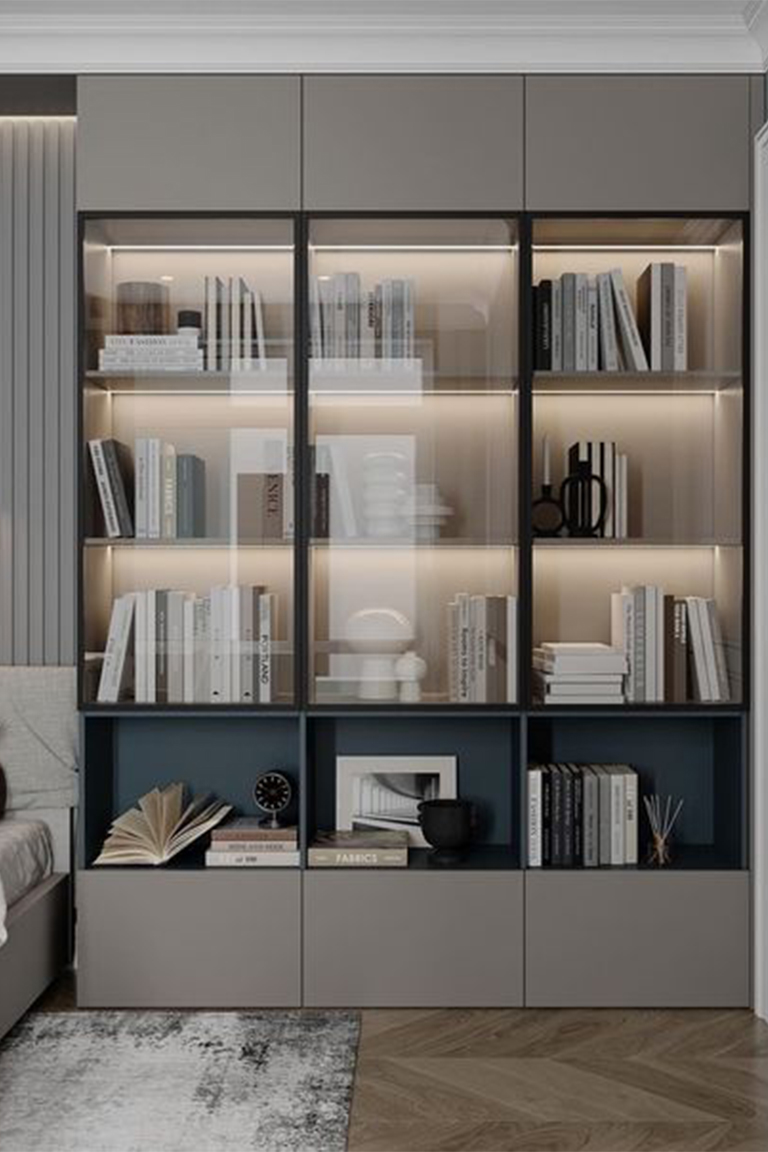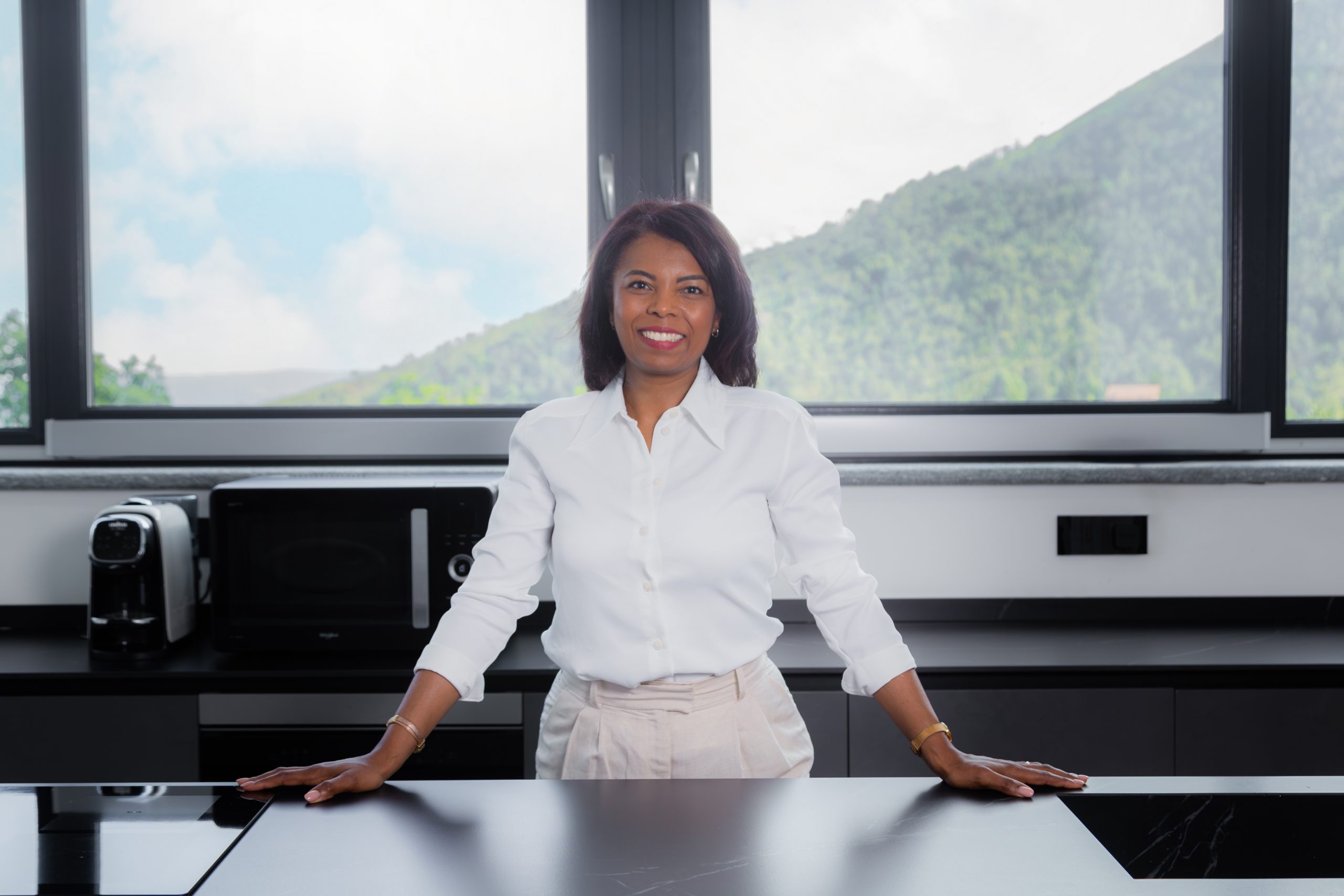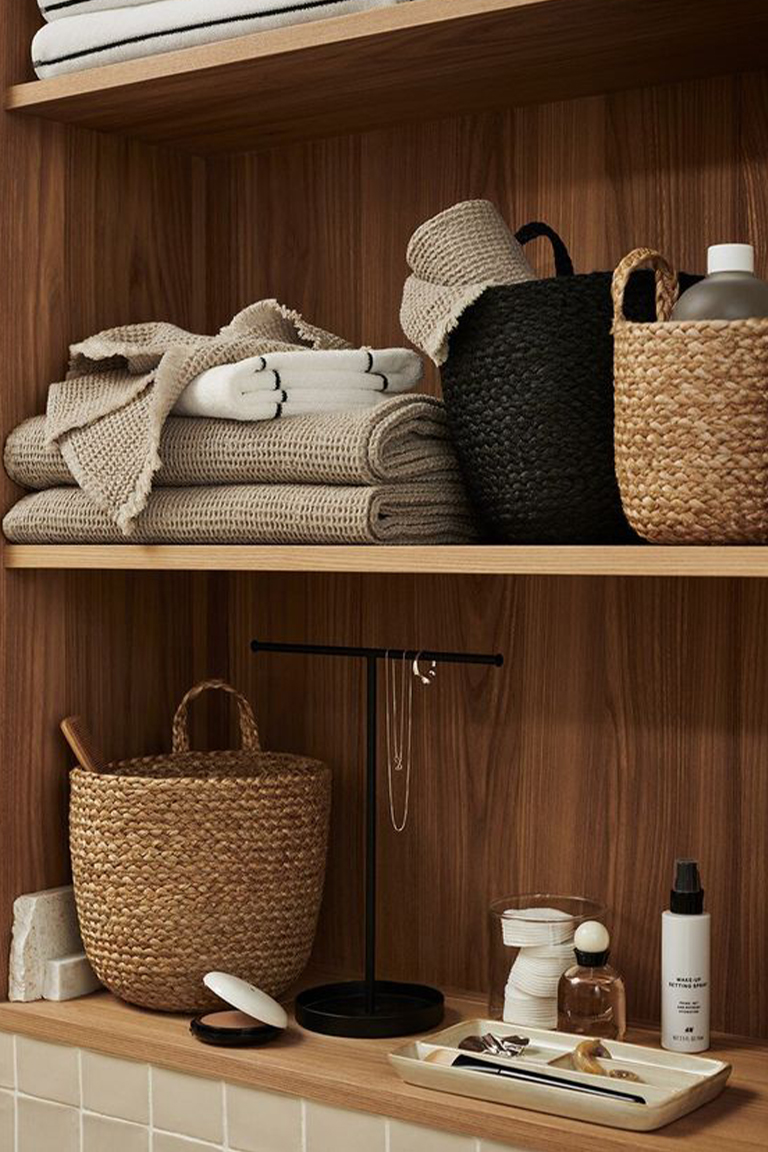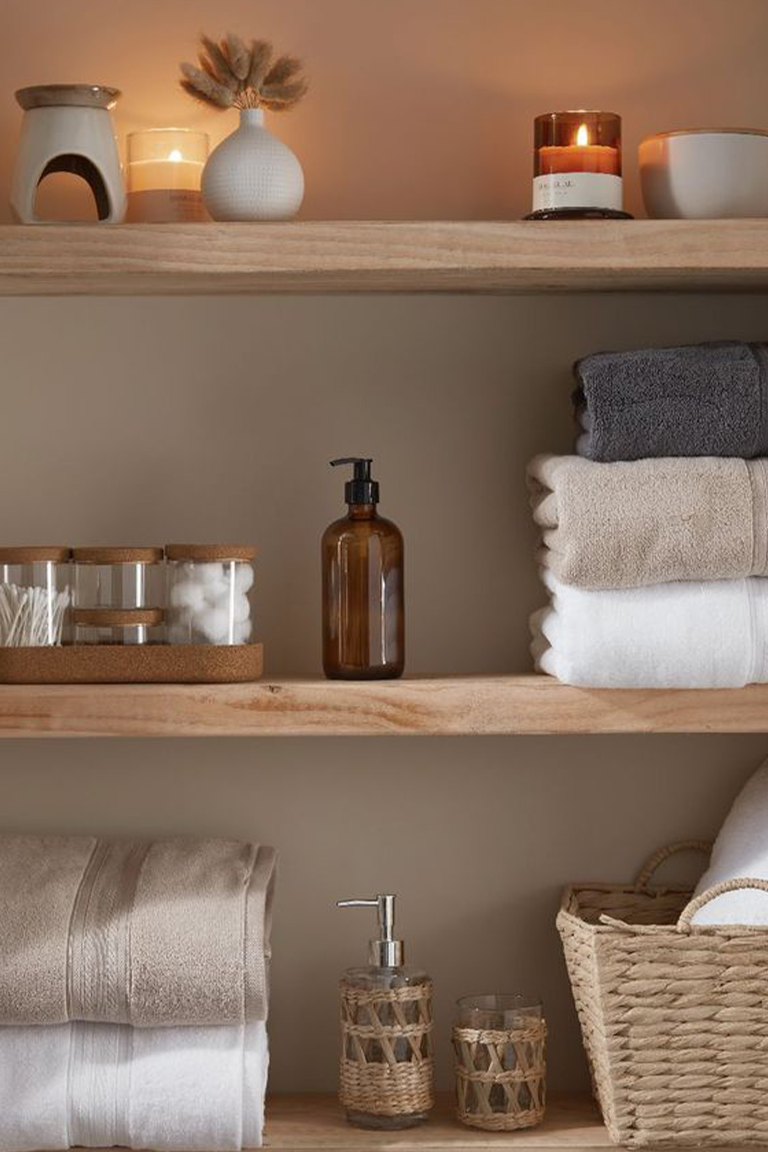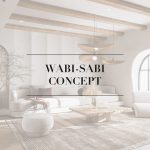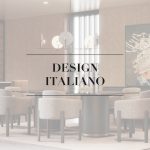The connection between the interior designer and the personal organiser is a diffusion of potentialities that together make a splendid sum in the creation of functional and organised spaces. Although their roles are different, their collaboration makes for more efficient and elegant environments.
The interior designer is responsible for designing and decorating spaces, taking into account variables such as layout, colours, materials, furniture and lighting. The main focus is to create spaces that are the soul and essence of each resident and that represent their lifestyle. A personal organiser, on the other hand, is a professional who specialises in organising and optimising spaces and areas of use in order to make our day-to-day lives easier.
In a relaxed conversation full of interesting topics with Patrícia Paixão and Bernadete Strey, we discuss the link between interior design and the world of organisation, and how these two areas complement each other. Watch our Live on the Jota Barbosa Interiors Podcast and Youtube now.
The Interiors Mind Podcast
A dream home
Organisation plays a fundamental role in designing balanced interiors that convey the peace we so desperately seek. Here are some of the main reasons and advantages of keeping your home visually organised.
Space efficiency: The proper organisation of spaces allows you to maximise the efficient use of available space. By planning and organising the elements of a space, it is possible to enhance the arrangement of furniture, equipment, objects and people flows, ensuring that each element has an appropriate place and contributes to the smooth running of the space.
Functionality of use: Well-planned organisation takes into account the functionality and usefulness of spaces. Each area can be designed and organised according to its specific needs, taking into account the activities that will be carried out there. This results in spaces that are more practical, accessible and adapted to everyone’s needs.
Aesthetics: Proper organisation contributes to the overall aesthetics and visual appeal of a space. By considering the arrangement of elements, it is possible to create a harmonious and balanced composition, highlight focal points and create an inviting atmosphere.
Safety and comfort: The correct organisation of spaces is also related to safety and comfort. By considering aspects such as lighting, ventilation, access to emergency exits and the arrangement of furniture, it is possible to create a safe and comfortable environment for those who use it.
- Contemporary Closet Organisation | Source: Behance Project
- Kitchen with organised utensils | Source: Wood
- Elegantly decorated reading corner | Source: Behance Project
Coordination between the Interior Designer and the Personal Organiser
When the interior designer and the personal organiser work together, their cooperation can result in spaces that transcend the ideal of a perfect home. The interior designer can take advantage of the personal organiser’s expertise to optimise the layout and functionality of spaces, taking into account the client’s specific needs. In turn, the personal organiser can benefit from the interior designer’s knowledge of aesthetics, materials and the selection of pieces that ensure the space is organised and visually pleasing.
This collaboration can take place at different stages of the project. For example, the interior designer can consult the personal organiser from the start of the project to ensure that spaces are designed with organisation and functionality in mind. The personal organiser can provide insights into the efficient use of space, identifying smart storage solutions and developing customised organisation systems.
- The process of tidying the wardrobe | Source: Shiragill.com
- Laundry room with efficient organisation | Source: Pinterest
- Clothes by colour and size | Source: Pinterest
Tips for decorating and organising different rooms in the home
Living room
- Choose comfortable and functional furniture such as sofas, armchairs and coffee tables.
- Go for rugs and cushions to add colour and texture to the space.
- Organise the room around a focal point, such as a fireplace or TV wall.
- Add bookcases or shelves to display books, decorative objects or personal belongings.
Kitchen
- Keep kitchen utensils and essential ingredients organised and easily accessible.
- Opt for storage containers to keep the pantry organised.
- Add hooks or shelves to hang pots, pans and utensils.
- Use open shelves or wall brackets to display your favourite dishes and glasses
Bedroom
- Choose a relaxing colour palette to create a peaceful environment.
- Have a good storage system, such as a wardrobe or chest of drawers, to keep clothes organised.
- Use table lamps or lampshades to create soft, cosy lighting.
- Place a comfortable chair or armchair to create a cosy reading space.
Office
- Invest in a spacious desk and an ergonomic chair for working comfort.
- Use organiser boxes and folders to keep documents and office supplies in order.
- Create an efficient storage system with shelves, racks or drawers.
- Make sure you have good lighting, combining natural and artificial light.
- Bookcase with lighting in the living room | Source: Pinterest
- Organised kitchen utensils | Source: Pinterest
- Optimising shelf space | Source: MVK.com
Hiring a Personal Organiser
Hiring a personal organiser at the start of an interior design project is one of the best choices you can make when it comes to planning your dream home. A personal organiser is a professional who specialises in organising and optimising spaces and they can help you create practical and functional solutions for your environment.
By involving a personal organiser right from the start of the decorating project, you can benefit from their skills and knowledge in relation to organisation and thus decide what is best for your routine. They can help you create integrated and personalised storage systems, select suitable organisational solutions and facilitate the practical implementation of the project.
- Personal Organizer: Patrícia Paixão
Advantages of the Personal Organiser Service
A personal organiser can find creative solutions to make the most of available space, identifying unused areas and designing personalised storage systems.
Reducing waste: A personal organiser can help eliminate excess, unnecessary items, avoiding the accumulation and waste of space with useless objects.
Saving time: By creating efficient organisation systems, a personal organiser can help reduce the time spent looking for your items or tidying up every day, allowing you to focus on other activities.
Improved quality of life: Living in an organised environment can bring a sense of calm and well-being. An organised space makes it easier to carry out daily tasks and can contribute to a more balanced and productive life.
- Rustic bathroom decor | Source: Pinterest
- Minimalist storage touches | Source: RueMag
